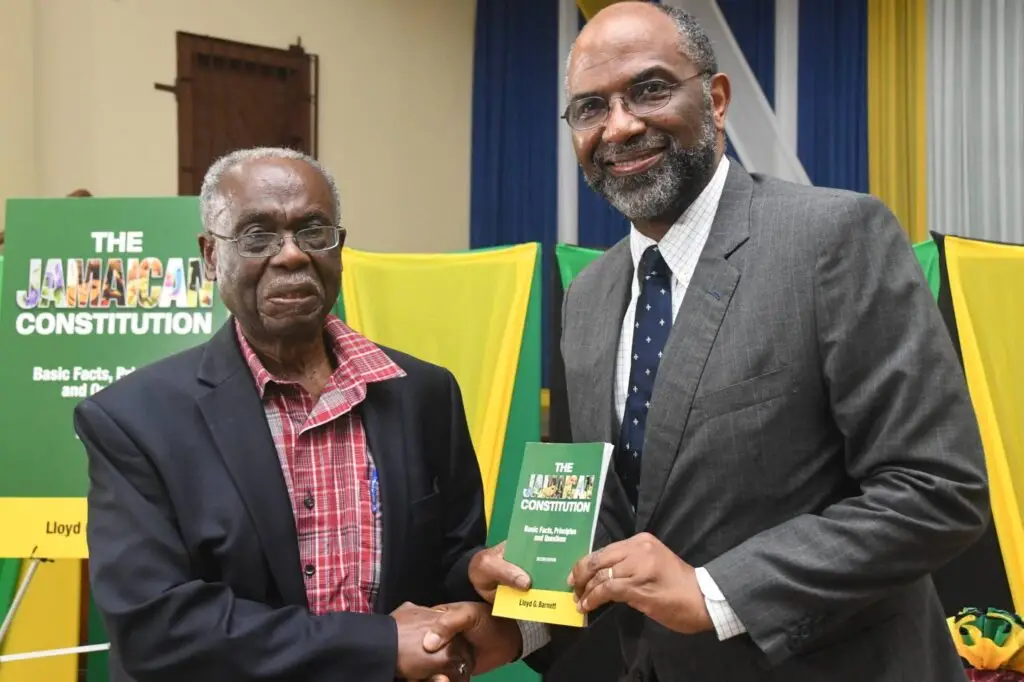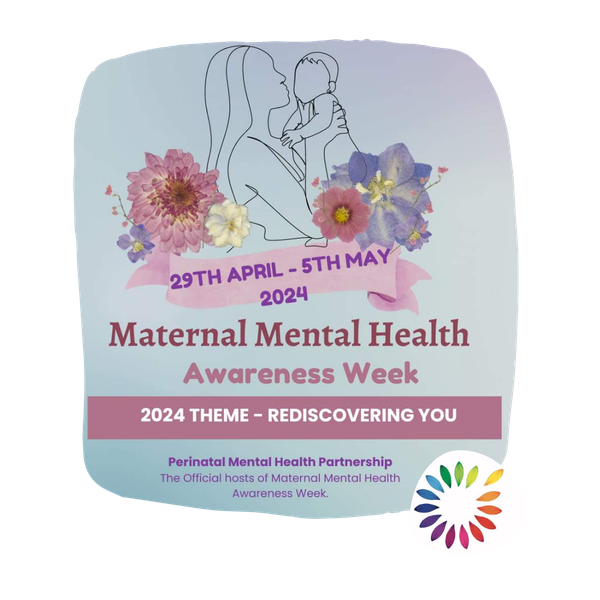Constitutional expert Dr Lloyd Barnett recently launched the second edition of his booklet with the aim of tackling the educational deficiency regarding Jamaica’s supreme law.
Barnett, a distinguished attorney and former president of the Jamaican Bar Association, released the first edition of ‘The Jamaican Constitution: Basic Facts, Principles and Questions’ in 1992, with the aim of allowing Jamaicans to understand how the constitution works and open discussions on constitutional reform.
During the launch held in St Andrew, he explained how the book will not only simplify parts of the constitution for more Jamaicans to understand but proposes questions related to Jamaica’s current third cycle of constitutional reform, which includes proposals to establish the country as a republic. He expressed concerns about public engagement in the electoral process, emphasising the need for greater understanding of the importance of the constitution and the need to generate more interest among Jamaicans in the process.
“The booklet is aimed at providing a simple but clear description of our constitutional system,” Barnett said. “In the local elections just concluded, apart from the varied interpretations of the results, the turnout of the voters was less than 30 per cent, and that attracted our attention.
“Some knowledge of our constitutional system is essential to an understanding of the significance of our political parties and an interest in the constitution will encourage participation in the democratic process.” Electoral Commission of Jamaica, Chair Earl Jarrett described the release of the book as timely, specifically referring to the section that explains laws related to the issues arising from the recently concluded local government elections.
“I note that this edition has a chapter on local government,” he said. “It is my regret that this book was not launched before the recent local government elections, as it clearly sets out the changes made to the constitution in 2015 and the creation of local authorities as well as the requirements of Parliament regarding these local authorities.
“It defines the organisation of the 14 local authorities and goes on to explain how the local governance set-up in St Catherine, for instance, is different from that of Kingston and St Andrew – with its one local authority. The book is so precise in its explanation that it would cover the concerns and conspiracy theories that emerged after the recent local government elections.”
He said that the release of the book shows the need for more public education on Jamaica’s laws, before crediting Barnett for writing the book in a way that could be understood by a broad cross-section.” Minister of Legal and Constitutional Affairs, Marlene Malahoo Forte, tough, expressed concern about the lack of understanding in respect of constitutional procedures.
She said: “One of the issues which could be described as a problem or an opportunity is how much the people are aware of what currently exists and what we are seeking to do, and I believe that this is why Dr Barnett’s work is so critical, and the time of the launch could not be any better. The knowledge deficit among our people becomes even clearer and we know that the type of reform that we hope to achieve in this cycle will require the approval of the people after the Bill is passed by Parliament.”












